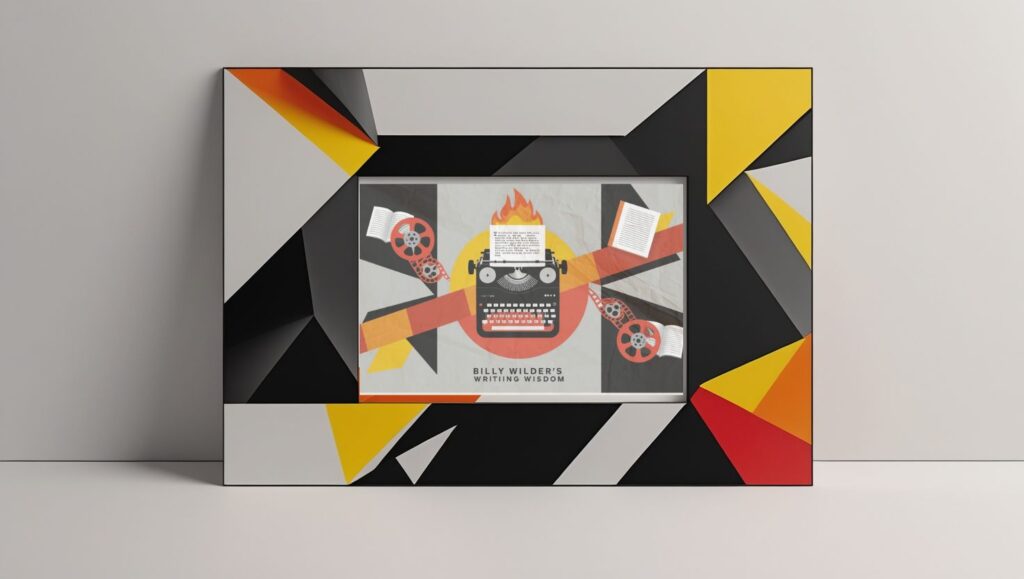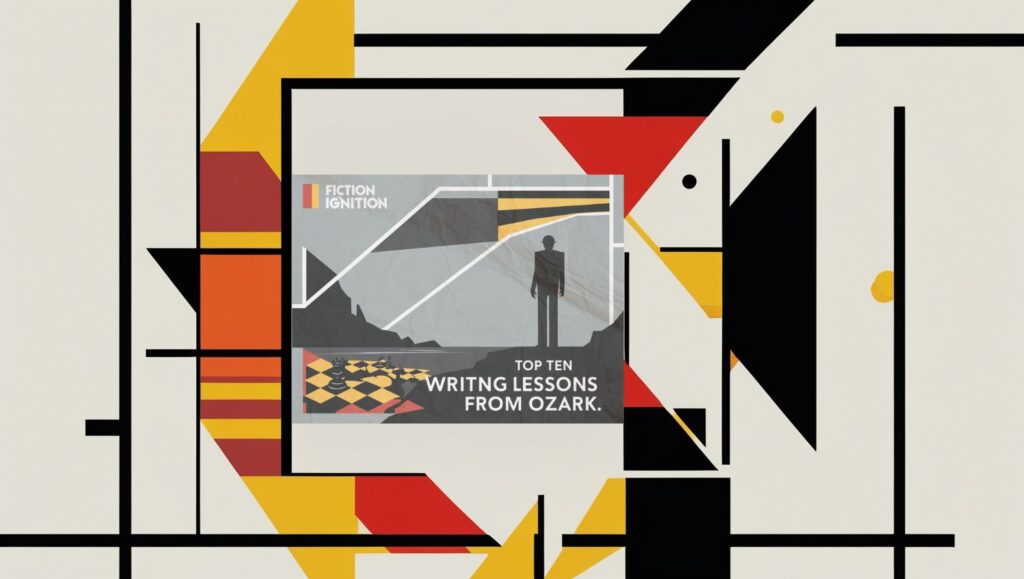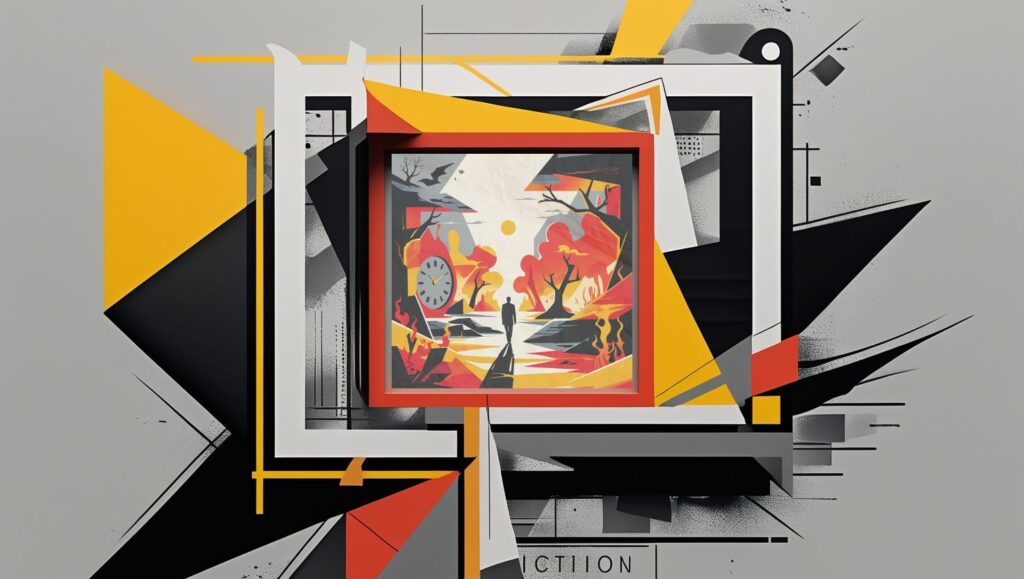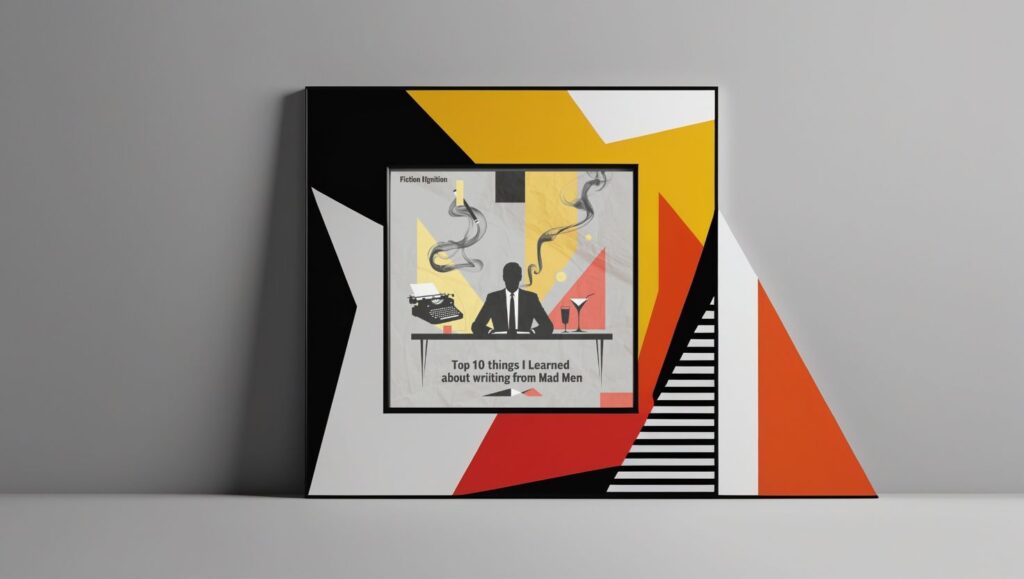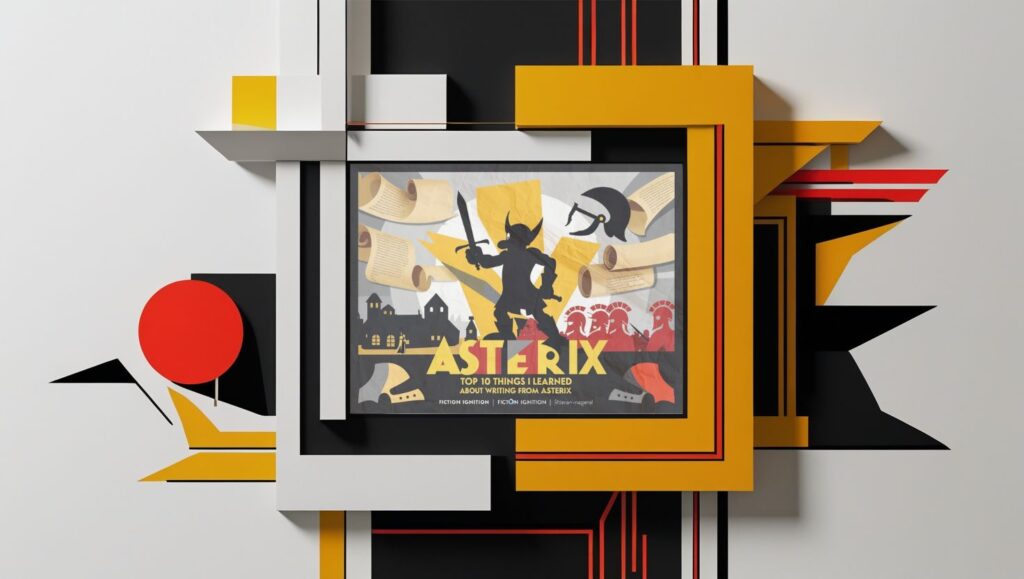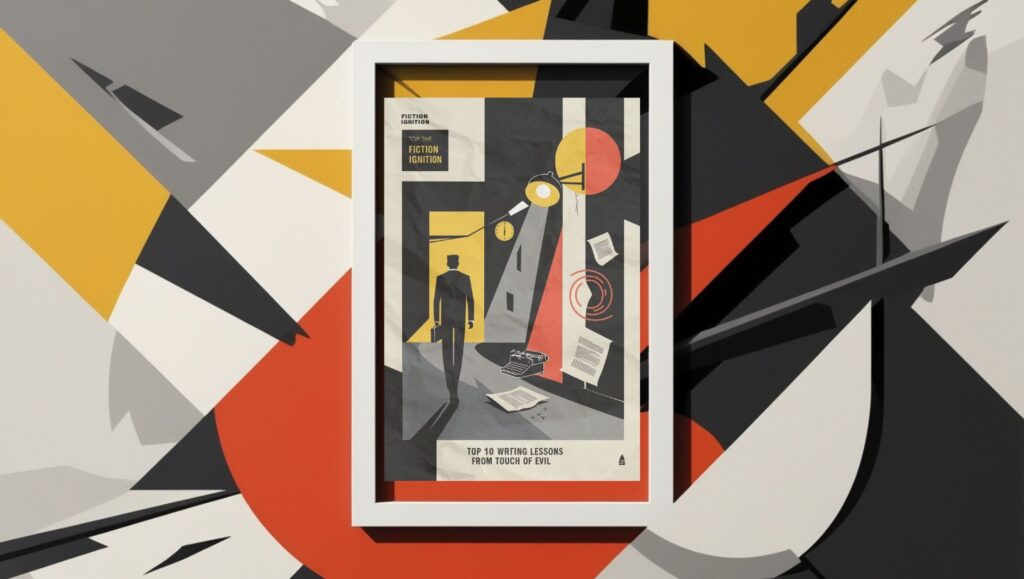Hello, Fiction Igniters!
Ever wondered what a Hollywood genius can teach us about writing unforgettable fiction? Billy Wilder, the mastermind behind Sunset Boulevard, Double Indemnity, and Some Like It Hot, didn’t just craft movies—he wrote lessons for storytellers of all stripes. So, I thought, why not dive into the Wilder wisdom and share the top 10 things I learned from him? Buckle up, my literary pyromaniacs—we’re counting down!
10. Grab ‘Em by the Collar
Wilder famously said, “Grab the audience by the throat and never let them go.” The same applies to your readers. Your opening line is your handshake, your first impression. Think of 1984‘s chilling start: “It was a bright cold day in April, and the clocks were striking thirteen.” That’s Orwell saying, “Hey, we’re not in Kansas anymore.”
Actionable Tip: Rewrite your first sentence until it slaps like a thunderclap. If your opening doesn’t make someone stop mid-scroll, it’s not Wilder-approved.
9. Know Your Ending Before You Start
Wilder planned endings meticulously. In fact, he believed the ending was what audiences remembered most. For writers, this means your climax and resolution need to stick the landing. Ever read Of Mice and Men? Steinbeck’s heartbreaking finale hits you like a freight train because everything’s been building to that moment.
Actionable Tip: Outline backwards. Ask yourself, “What emotional note do I want readers to walk away with?” Then work your way back to the beginning.
8. Show, Don’t Tell
Wilder’s scripts are masterclasses in visual storytelling. He didn’t bog audiences down with exposition; he let the visuals (and dialogue) do the heavy lifting. Fiction works the same way. Hemingway’s “iceberg theory” (check out Hills Like White Elephants) relies on subtext—what’s not said.
Actionable Tip: Trim those long explanations. If your character’s heart is breaking, show us the trembling hands, the shattered glass, the silent tears.
7. The Wilder Question: Is It Necessary?
Wilder was ruthless with his scripts. Every scene, every line, had to earn its keep. If it didn’t move the story forward or reveal something essential, it got the axe. As a writer, I’ve learned to ask myself, “What happens if I cut this?” If the answer is “nothing,” out it goes.
Actionable Tip: Kill your darlings. Editing isn’t murder—it’s self-improvement.
6. Conflict Is King
Wilder’s films thrive on tension. Whether it’s the moral struggle in Double Indemnity or the comedic chaos in Some Like It Hot, conflict drives the action. Fiction is no different. Think of The Hunger Games and Katniss’ battle against the Capitol (and her own fears). Without stakes, there’s no story.
Actionable Tip: Dial up the tension. Ask, “What’s the worst thing that could happen here?” Then make it worse.
5. Write Great Dialogue
Wilder’s dialogue crackles with wit and subtext. Remember Norma Desmond’s iconic line from Sunset Boulevard: “I am big. It’s the pictures that got small.” That’s a whole character in one line. For fiction, dialogue should reveal personality, advance the plot, or (ideally) both.
Actionable Tip: Read your dialogue out loud. If it sounds stiff or unnatural, rewrite it. And if you can slip in a touch of Wilder-esque wit? Bonus points.
4. Surprise!
Wilder loved to subvert expectations. In Some Like It Hot, the big reveal that Daphne is actually Jerry leads to the unforgettable, “Well, nobody’s perfect.” Fiction thrives on the unexpected. Think of the gut-punch twist in Gone Girl.
Actionable Tip: Ask yourself, “What’s the obvious thing that could happen?” Then do the opposite.
3. Make It Human
Wilder understood that audiences connect to characters, not concepts. Even his larger-than-life characters, like Norma Desmond, had vulnerabilities that made them relatable. In To Kill a Mockingbird, Atticus Finch isn’t just a paragon of virtue—he’s a father, a flawed human doing his best.
Actionable Tip: Give your characters contradictions. Perfect people are boring. Real ones? Messy and magnetic.
2. Emotion Over Logic
“If it’s a choice between logic and emotion,” Wilder said, “emotion will win every time.” Remember the tearjerking end of The Fault in Our Stars? It might not make perfect sense, but you feel it.
Actionable Tip: When in doubt, follow the heart. Readers may forgive a plot hole, but they’ll never forgive a lack of soul.
1. Trust Your Gut
Wilder broke rules, bent genres, and followed his instincts. The result? Timeless classics. Writing’s the same. You can read all the advice (even this!), but at the end of the day, it’s your story.
Actionable Tip: Write the story only you can write. Trust your voice. It’s your secret sauce, your magic fire.
And there you have it, Fiction Igniters! Billy Wilder’s wisdom isn’t just for filmmakers—it’s fuel for storytellers everywhere. So, remember: grab ’em, show ’em, surprise ’em, and above all, trust yourself. Until next time: don’t write, ignite!

